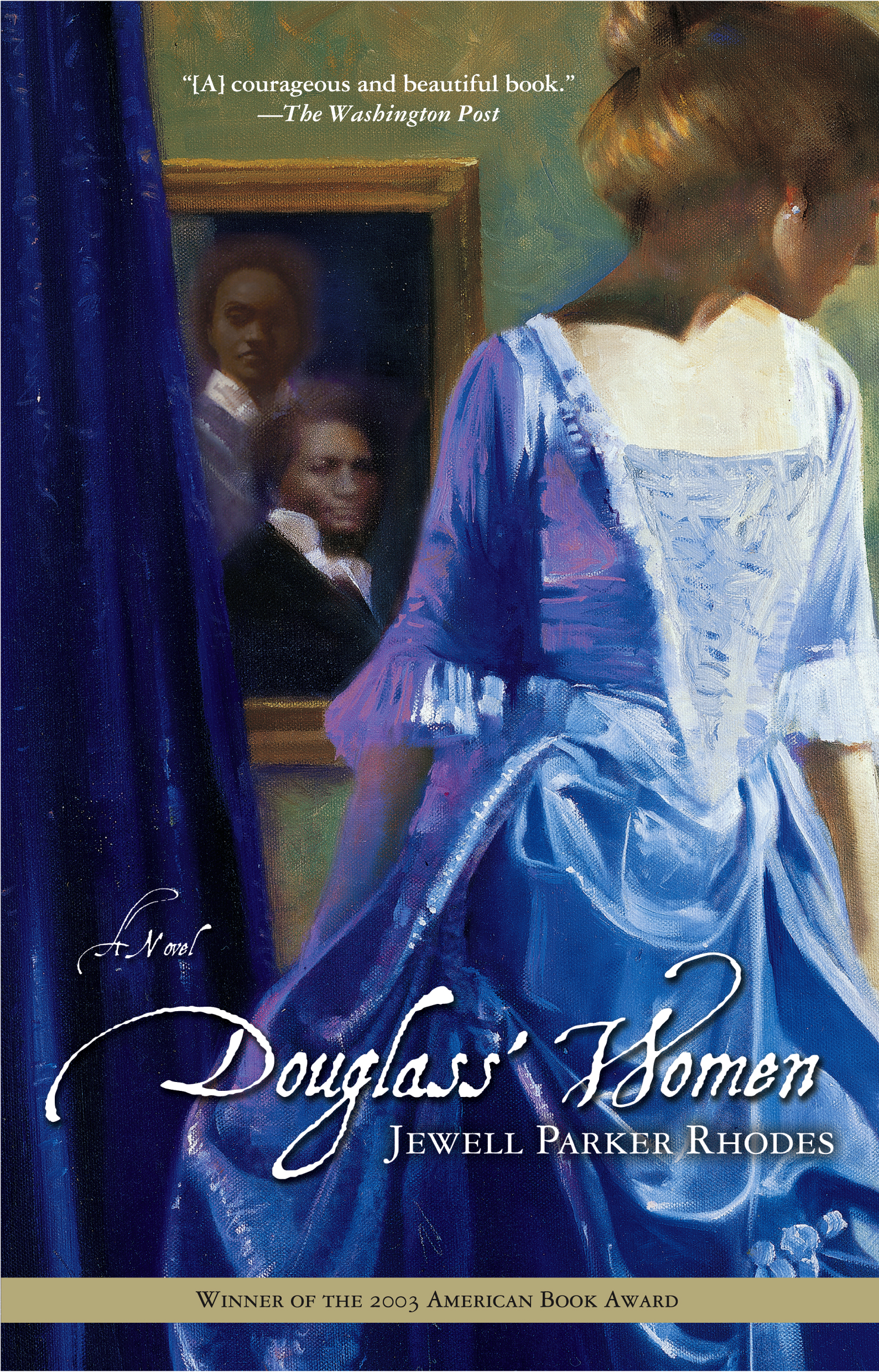Plus, receive recommendations and exclusive offers on all of your favorite books and authors from Simon & Schuster.
Table of Contents
About The Book
Frederick Douglass, the great African-American abolitionist, was a man who cherished freedom in life and in love. In this ambitious work of historical fiction, Douglass' passions come vividly to life in the form of two women: Anna Murray Douglass and Ottilie Assing.
Douglass' Women is an imaginative rendering of these two women -- one black, the other white -- in Douglass' life. Anna, his wife, was a free woman of color who helped Douglass escape as a slave. She bore Douglass five children and provided him with a secure, loving home while he traveled the world with his message. Along the way, Douglass satisfied his intellectual needs in the company of Ottilie Assing, a white woman of German-Jewish descent, who would become his mistress for decades to come. How these two women find solidarity in their shared love for Douglass -- and his vision for a free America -- is at the heart of Jewell Parker Rhodes' extraordinary, epic novel.
Reading Group Guide
Get a FREE ebook by joining our mailing list today! Plus, receive recommendations for your next Book Club read.
Reading Group Discussion Questions
Discussion Questions
1. When Anna first sees Frederick in the shipyard, she finds herself drawn to him even though they do not speak during this initial encounter. What is it about Frederick that attracts Anna to him?
2. How would you describe Anna's relationship with Frederick from their days in Baltimore through their decades-long marriage? Why do you think Anna remained with Frederick in spite of his flagrant unfaithfulness? How would you describe Frederick's relationship with Ottilie? Why do you think Ottilie chose to remain with Frederick especially since she, unlike Anna, had the financial means to care for herself?
3. In the author's note at the end of the book, Jewell Parker Rhodes describes Anna and Ottilie as "two brave women." Why do you think she chose to describe them as brave? Do you agree with this assessment? Did you empathize with one woman more than the other?
4. The time period in which the novel takes place was marked by political unrest and social change -- the fight against slavery, the coming of the Civil War, and the burgeoning women's movement. To what extent do these political and social circumstances contribute to the individual fates and fortunes of the three main characters -- Frederick, Anna, and Ottilie?
5. From the time she first meets Frederick, Anna worries that she "might not be what he wanted" (pg. 22). She believes that he finds her unattractive, uneducated, too old when they marry, and her skin not light enough. Are her fears grounded in reality? How does this belief in part define her relationship with Frederick?
6. The story is constructed in alternating chapters told from Anna and Ottilie's perspectives. How does this narrative structure enhance the story? Each woman is looking back on the past and telling her story. Does the vantage point of age influence the telling of each one's tale?
7. When she first journeys to America, Ottilie encounters a slave, Oluwand, who commits suicide by jumping over the ship's railing. Throughout her life Ottilie is haunted by visions of Oluwand, in one instance saying that "she'd appear in my bedroom, on the edge of my bed. Her black eyes blinking like an owl's" (pg 219). What does Oluwand represent to her, and why can't she forget her?
8. Why do you think Frederick married Helen Pitts and not Ottilie after Anna's death? Why do you think, in spite of his having forsaken her, that Ottilie left her estate to Frederick?
9. One of Ottilie's diary excerpts refers to Anna by saying, "I shouldn't have hated her. She loved him, just like me." Anna, referring to Ottilie, says the following: "Miss Assing wasn't a Delilah. I see that now." In the end, do you think Anna and Ottilie come to understand one another to some degree?
10. History has remembered Frederick Douglass as a great man and abolitionist. Did reading this novel alter your opinion of Frederick Douglass?
Product Details
- Publisher: Atria Books (September 23, 2003)
- Length: 384 pages
- ISBN13: 9780743410106
Browse Related Books
Raves and Reviews
The Washington Post [A] courageous and beautiful book.
Charles Johnson [A] passionate, moving novel that explores the place where American history intersects with the human heart.
Whoopi Goldberg Once again Jewell Parker Rhodes takes us someplace we never knew existed. With insight and depth we get into the lives of these three historical people, Douglass, Douglass, and Assing, only to realize that they are as contemporary as we are. Well done!
Diana Gabaldon author of The Fiery Cross A remarkable act of fictional biography!
Resources and Downloads
High Resolution Images
- Book Cover Image (jpg): Douglass' Women Trade Paperback 9780743410106(5.3 MB)
- Author Photo (jpg): Jewell Parker Rhodes Photo Credit:(0.1 MB)
Any use of an author photo must include its respective photo credit

















